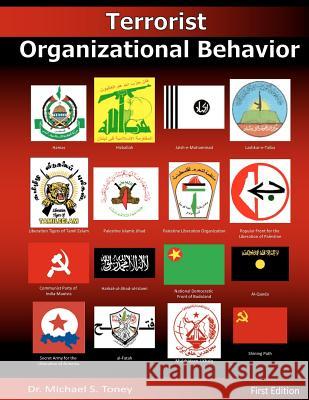Terrorist Organizational Behavior » książka
Terrorist Organizational Behavior
ISBN-13: 9780615687391 / Angielski / Miękka / 2012 / 396 str.
As a method of analysis, organizational behavior is appropriate for characterizing nontraditional entities, such as terrorist organizations. Similar to traditional organizations, terrorists organize into groups (i.e., an organization with culture and objectives), are guided by leaders (i.e., leadership theory), and seek performance (e.g., motivation theory, culture and ideology, and organizational learning). This quantitative correlational research investigated terrorist organizations, exploring organizational behavior and various leadership theories in order to discern predictive elements. The objectives included collecting data, applying statistical models, and analyzing terrorist organizations with the intent of creating preventative counterterrorism-intelligence techniques. The subsequent recommendations may assist intelligence and law enforcement organizations in identifying, understanding, and predicting terrorist behavior based upon organizational behavior, leadership, and performance. This research offers new knowledge regarding organizational behavior and leadership by providing a more thorough understanding of the ways in which these theories apply to the profiling of the behaviors of terrorist organizations. Specifically, the contributions of this research include the identification of: (1) a correlation between the Long Term Orientation of a nation and the performance of terrorist organizations; (2) the preference of terrorist organizations for injury incidents rather than fatality incidents; (3) the lack of correlation between terrorist organizational size and performance; and (4) the differences in performance between terrorist organizations with a predominantly religious ideology and organizations with a predominantly political ideology.











